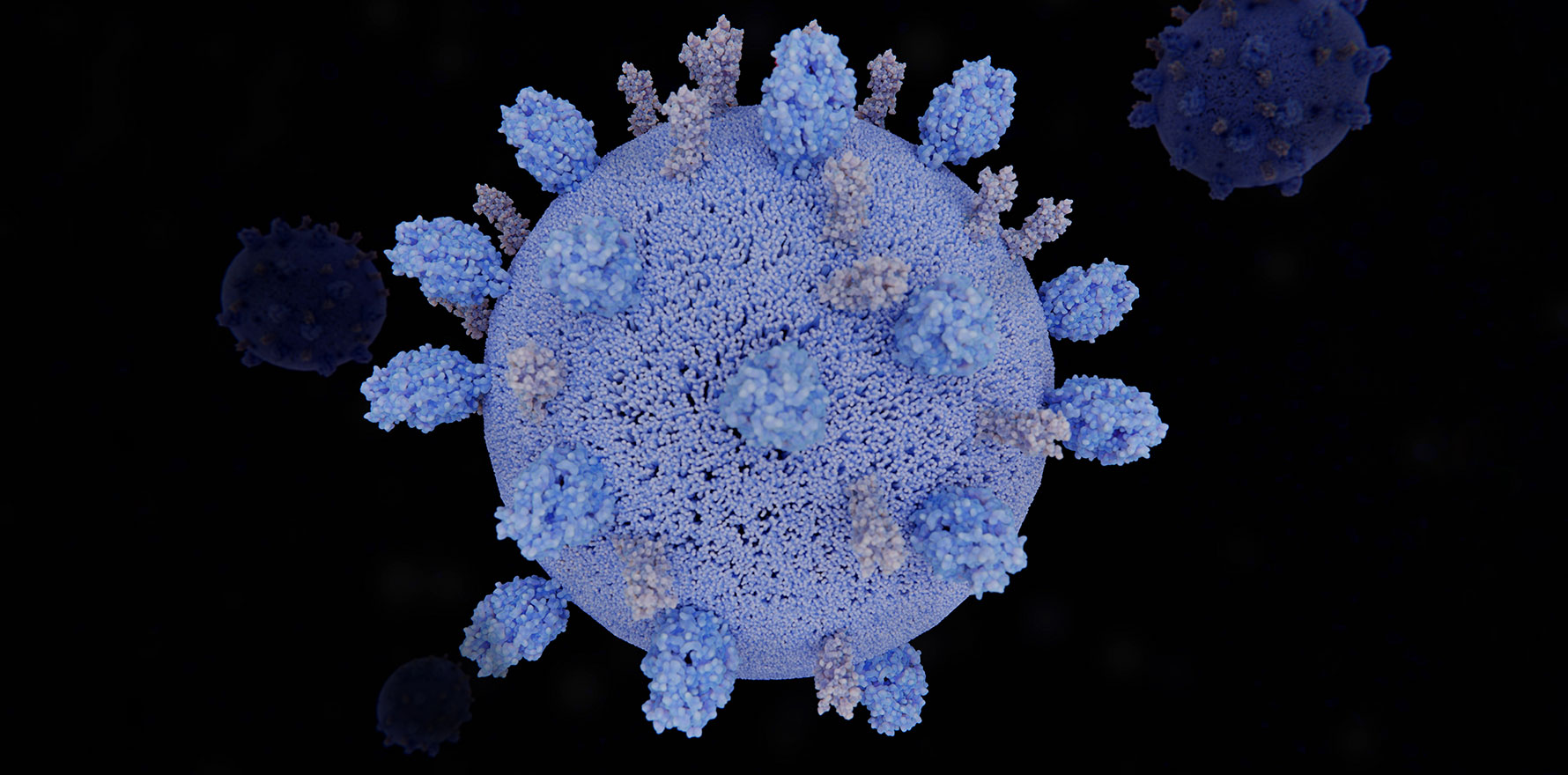The findings highlight the risks and importance of vaccination, diagnosis and treatment for this highly contagious virus.
Around one in 20 adults who catch respiratory syncytial virus end up in hospital, US researchers have found.
Their cohort study looked at more than 67,000 people from three large US databases across six RSV seasons, with findings published this week in JAMA Network Open.
They say their data supports the need for more vaccination, better treatment pathways and testing for adults.
“Despite the demonstrated burden of RSV among older adults and individuals with chronic medical conditions, infection rates have been underestimated, in part due to low rates of testing,” the authors wrote.
“Low testing rates are possibly influenced by limited management options for patients infected with RSV. While two vaccines were recently licensed for RSV prevention among older adults [in the US], there are limited available approved treatments for RSV.
“Currently, limited estimates exist to determine the risk of hospitalisation following outpatient RSV disease diagnoses in the US. Therefore, this study was conducted to address this gap in the literature and inform development of clinical trials that will assess efficacy of an outpatient RSV antiviral treatment in preventing RSV-related hospitalisation within 28 days among adults with high risk of progression to severe illness.”
The analysis indicated that adults diagnosed with RSV in outpatient settings have a 4.5% to 6.2% risk of hospitalisation, with prior studies showing that most hospitalisations (82%-90%) within 28 to 30 days of RSV diagnosis are related to acute respiratory infections.
Hospital stays for RSV tend to be lengthy, averaging close to a week. Additionally, 28% of those hospitalised for RSV may require ICU admission due to respiratory difficulties or low oxygen levels, the researchers reported.
RSV hospitalisations in older adults were linked to longer stays and more intensive interventions compared to those hospitalised for influenza or covid, highlighting the particular vulnerability of older populations to RSV.
The researchers said their analysis underscored the importance of developing therapeutic and preventive measures to reduce the burden of RSV hospitalisations in adults, particularly through vaccination, which could yield significant benefits for both patient health and the healthcare system.
“In a study by Choi et al., four RSV hospitalisation among patients aged 18 to 49 years was associated with a mean total cost of hospitalization of (2020 USD) $11,124, with mean cost as high as $20,577 in patients admitted to the ICU,” they wrote.
“In addition, a model that assessed the association of vaccinations with RSV outcomes in US adults aged at least 60 years during one RSV season found that a vaccine with 50% efficacy and coverage would prevent an estimated 43,700 to 81,500 RSV hospitalisations and 8000 to 14,900 RSV-associated deaths.
“Therapeutic and preventive measures to reduce hospitalisations following RSV infection would provide major benefits to patients in the US health care system.”
According to the Australian National Notifiable Disease Surveillance System, there have been 167,409 cases of RSV reported to 20 November this year.
Infants and children aged zero to 14 years make up the bulk of cases (104,040), with adults aged 30 years and over accounting for 48,785 cases.
The current case number is higher than for the whole of 2023 (128,113), 2022 (95,960) and 2021 (1555).


